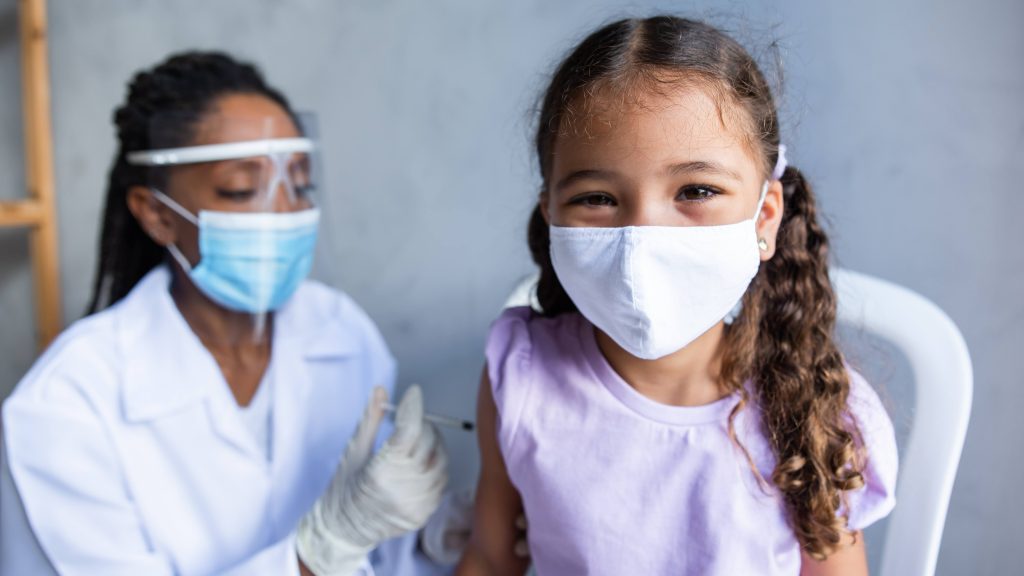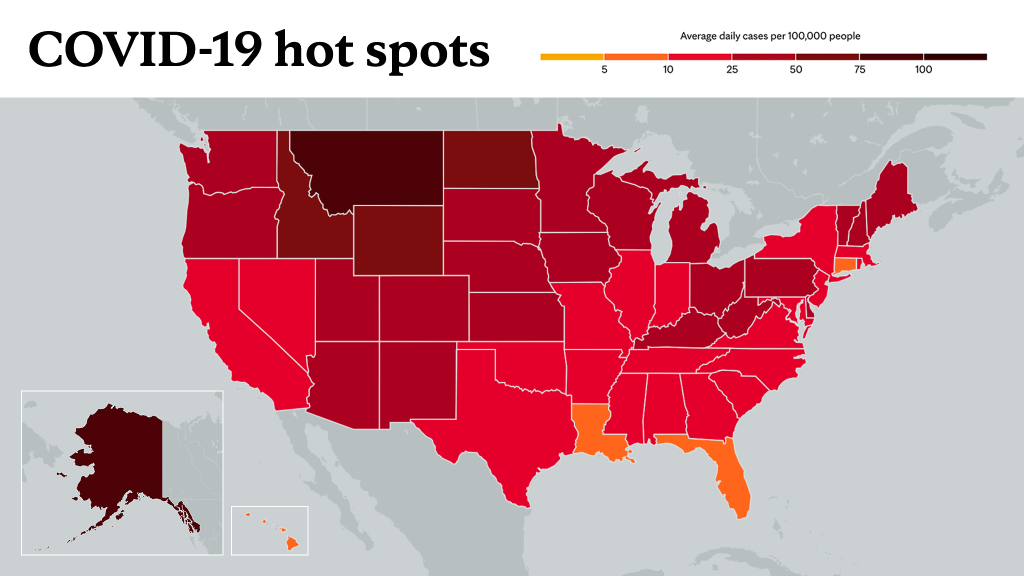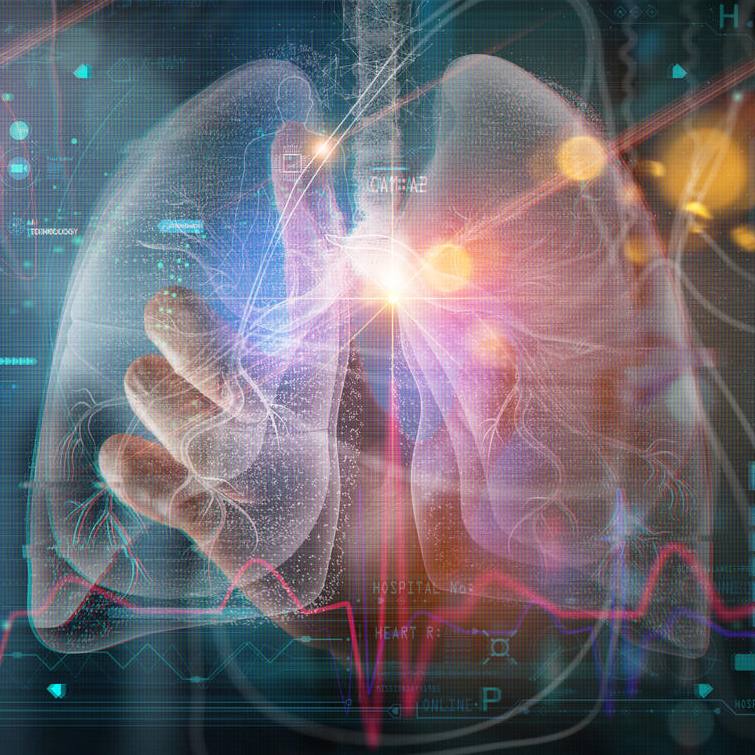
Nearly 28 million children in the U.S. are newly eligible to be protected by COVID-19 vaccination. The Food and Drug Administration granted emergency use authorization for the Pfizer COVID-19 vaccine in children 5‒11. Mayo Clinic and the Centers for Disease Control and Prevention's Advisory Committee on Immunizations Practices strongly recommend that children 5‒11 be vaccinated for COVID-19.
COVID-19 vaccines have been used under the most intensive safety monitoring in U.S. history. This includes studies in children 5‒11. The Pfizer COVID-19 vaccine has been found to be safe and 91% effective in clinical trials for children 5‒11.
Watch: Dr. Nipunie Rajapakse discusses COVID-19 vaccine for children.
Journalists: Sound bites with Dr. Nipunie Rajapakse are in the downloads at the end of the post. Please courtesy: "Nipunie Rajapakse, M.D. / Pediatric Infectious Diseases/ Mayo Clinic."
Dr. Nipunie Rajapakse, a pediatric infectious diseases physician with Mayo Clinic Children's Center, explains what kind of impact this will have on children's lives and the pandemic as a whole in this Q&A:
What does this news mean for families with kids 5–11?
It is really great news that kids 5–11 can now be vaccinated for COVID-19. This is great news for a number of reasons. First, it provides this age group with immunity to the infection, reducing their risk of getting infected and also reducing their risk of transmitting the infection to others who may be at high risk of having serious illness or death if they were to get sick. This also helps our kids and families get back to their usual activities, hopefully with less disruption.
We should see cases in schools go down once this age group gets vaccinated and derives protection, hopefully causing less disruptions in schooling due to exposures and quarantines.
How effective is vaccination in protecting kids from further complications of COVID-19 infection?
The vaccine was shown to be 90.7% effective in preventing symptomatic COVID-19 infection in children in this age group. We know that the Pfizer COVID-19 vaccine is safe and effective in this age group and safe for preventing potential future complications that we are seeing in some kids who have gotten infected.
For example, multisystem inflammatory syndrome in children, or MIS-C, which is a rare but potentially life-threatening phenomenon, seems to happen in young people who get COVID-19 infection. Currently, there's no way to prevent that complication, except to prevent the initial COVID-19 infection itself. We are hopeful to see rates of multisystem inflammatory syndrome in children go down in this age group with vaccination, as well.
At the beginning of the COVID-19 pandemic, there seemed to be a misconception that COVID-19 doesn't affect children. What is known about how COVID-19 affects young people?
The pandemic has definitely affected children in numerous ways. Children have ended up in the hospital and dying from this infection. Thankfully, those rates are much lower than was seen in the older segment of the population, but it does happen. It is known that there are children who have had serious complications from infections like multisystem inflammatory syndrome. And many of these children have required care in ICUs and hospitals, as well.
But in some ways, the largest effect on children has been around their ability to participate in usual activities, especially schooling, that we know have such a huge impact both from an educational perspective and a mental health perspective. We've seen increasing rates of mental health issues among children over the course of the pandemic ― things like anxiety, depression, feelings of social isolation.
Having a vaccination available for children 5–11 really helps get kids back into some of these activities that they enjoy that they haven't been able to participate in before, and allow them to participate in those activities more safely with less risk of getting infected or less risk of transmitting infection to others.
What is known about vaccinations for kids younger than 5?
Clinical trials are still underway for the under-5 age group. The youngest age that they're testing vaccines for is 6 months of age. It's anticipated that data may be available sometime toward the end of this year. But those trials are definitely underway, and the release of these results is eagerly anticipated.
___________________________________
For the safety of its patients, staff and visitors, Mayo Clinic has strict masking policies in place. Anyone shown without a mask was either recorded prior to COVID-19 or recorded in a nonpatient care area where social distancing and other safety protocols were followed.
Information in this post was accurate at the time of its posting. Due to the fluid nature of the COVID-19 pandemic, scientific understanding, along with guidelines and recommendations, may have changed since the original publication date.
For more information and all your COVID-19 coverage, go to the Mayo Clinic News Network and mayoclinic.org.
Learn more about tracking COVID-19 and COVID-19 trends.








